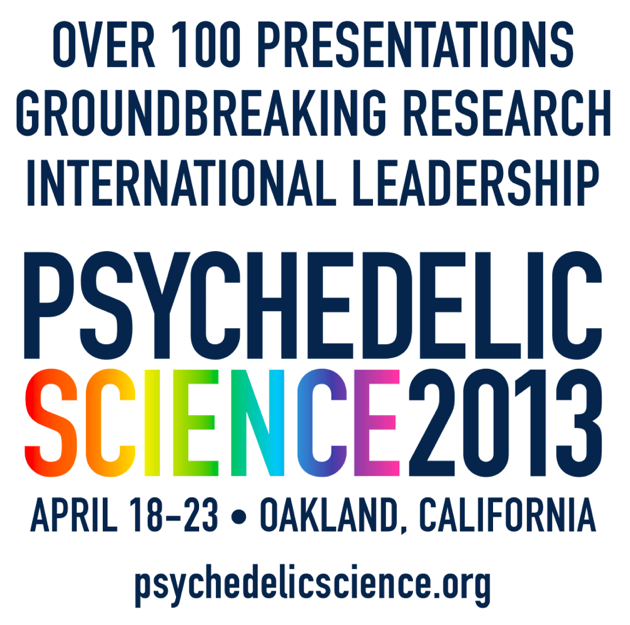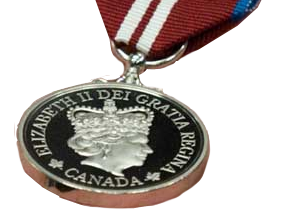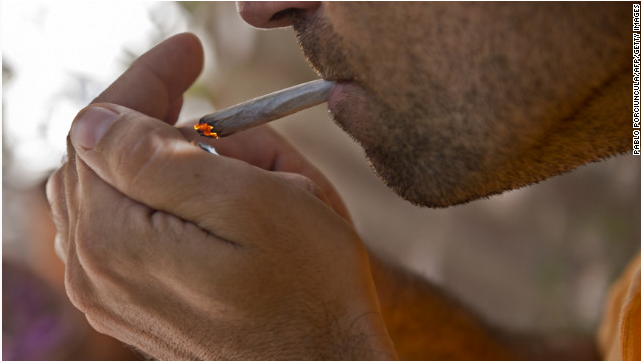Philippe Lucas has a Masters degree in Studies in Policy and Practice from the University of Victoria and is a PhD student at the University of Victoria’s Social Dimensions of Health program. He is a Research Affiliate with the Center for Addictions Research of British Columbia and a founding Board member of the Multidisciplinary Association of Psychedelic Studies Canada and the Canadian Drug Policy Coalition. His scientific research interests, projects and publications include the therapeutic use of cannabis, Canadian and international cannabis policy, and the use of cannabis, ibogaine, and ayahuasca in the treatment of addiction. Currently, he is a Primary or Co-Investigator on a number of studies examining cannabis substitution theory, and Coordinator and Co-Investigator of an observational study of ayahuasca-assisted treatment for addiction and stress. In 1999 Philippe founded the Vancouver Island Compassion Society, one of Canada’s longest running non-profit medical cannabis dispensaries, for which he acted as Executive Director until 2009.
A former school-teacher and childcare professional with a post-degree Certificate in secondary education , Philippe is very active in the community, and served as a Victoria City Councillor and a Director on the Capital Regional District Board from 2008-2011. He is currently Board Chair of the Victoria Downtown Public Market Society, and is leading an initiative to establish a food-centered Public Market in Victoria’s historic Hudson building.
Philippe is also owner of Compassionate Consulting, a public health and research consultancy through which he provides court expert testimony, strategic policy planning and development advice, and social and clinical research services. Additionally, he and his wife Mary are co-owners of Hip Baby Victoria, a local kids shop focusing on safe, sustainable toys, books and clothing for kids aged 0-6. They are proud parents of their daughter Sophie.
Over the years, Philippe has received a number of accolades and awards for his work in the community and academic achievements, including the Queen Elizabeth II Diamond Jubilee Medal (2013), the CRFAIR 2012 Food and Agriculture Champion Award, The Land Conservancy Top 50 BC Environmental Heroes 2011, the University of Victoria Blue and Gold Award for academic excellence and community service (2007), and the Vancouver Island Civil Liberties Association Leadership Award (2002).
Curriculum vitae PDF
Philippe continues to hold a number of Board and advisory positions, including:
- Canadian Drug Policy Coalition – Executive Committee & Policy Committee
March 2010-present
- Center for Addictions Research of British Columbia – Research Affiliate
2010-present
- Center for Addictions Research of British Columbia – Advisory Board
2005 – present
- York University Harm Reduction National Program Advisory Committee
York University. October 2007 – present
- Greater Victoria Cemetery Board – Trustee
2010-present
- Victoria Downtown Public Market Society – Chair of the Board
2010-present
- Multidisciplinary Association of Psychedelic Studies Canada – Board of Directors
January 2010 – present
- Canadian Students for Sensible Drug Policies – Board of Advisors
October 2009-present
- Vancouver Island Compassion Society – Board of Directors
1999-present
- Americans for Safe Access Medical Advisory Board
2005 – present












